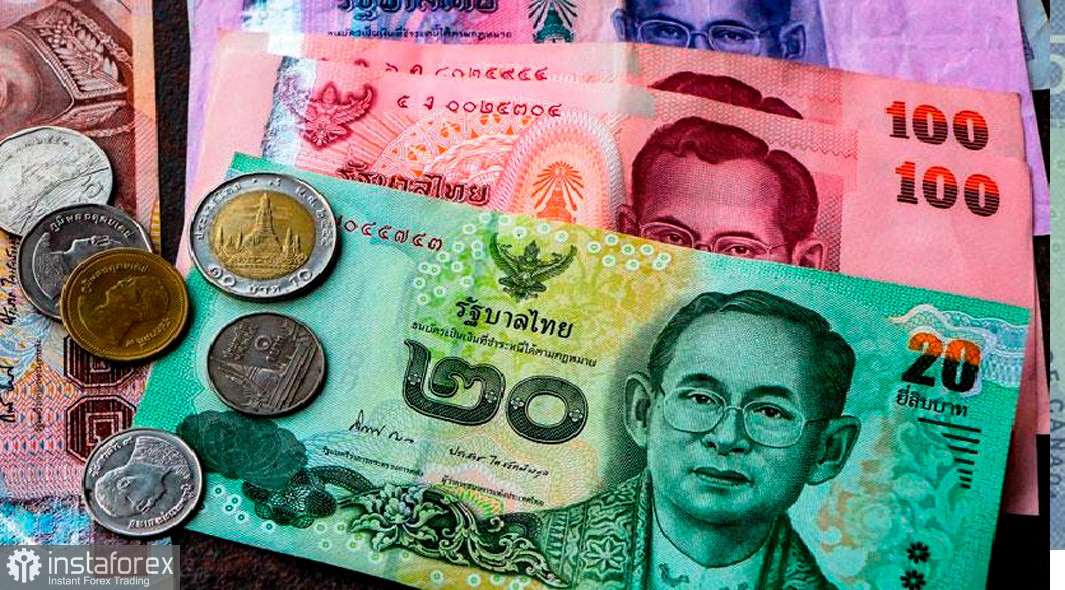According to expert data on Thursday, investors have strengthened their bullish position on most Asian currencies over the past two weeks, while long bets on the Thai baht have more than tripled in the hope of economic recovery amid risks associated with geopolitics and the coronavirus pandemic.
Asian markets benefit from conflicts in Europe, Thai baht and yuan lead the bulls

A survey of 12 major market participants showed that long positions on the Thai baht were the highest since the end of 2019, while bearish positions on the Indonesian rupiah turned around, and similar positions on the Korean won, the Philippine peso and the Indian rupee significantly decreased.
Thailand's finance minister said the entire policy was aimed at achieving 4 percent economic growth this year and ensuring full recovery in 2024. Earlier this month, its central bank also left its benchmark interest rate at a record low for the 14th consecutive meeting.
"Thailand's economic recovery remains uneven, but will continue despite the volatility of the pandemic," said Chua Han Teng, an economist at DBS Group.
However, despite the remoteness, most of the regional units have faced obstacles in recent days due to the growing tension in relations between Russia and Ukraine. On Thursday, they suffered an even greater defeat after Russian troops launched a full-scale attack, firing rockets at several Ukrainian cities and landing troops on its southern coast.
Bullish bets on the Chinese yuan persisted, with the currency hovering at a nearly four-year high on Thursday as demand for less risky assets increased.
The yuan also proved to be more stable compared to its counterparts in emerging markets due to the growing influx of foreign capital into Chinese assets and the more active conversion of corporate revenue from exports into yuan.
Analysts canceled their short positions on the Indonesian rupiah as Southeast Asia's largest economy recorded a $ 2 billion budget surplus in January and tax revenues rose sharply thanks to a faster economic recovery and high commodity prices.
The Asian currency positioning survey focuses on what analysts and fund managers believe are the current market positions of nine Asian emerging market currencies: Chinese yuan, South Korean won, Singapore dollar, Indonesian rupiah, Taiwan dollar, Indian rupee, Philippine peso, Malaysian peso, Ringgit, and Thai baht.
In the short term, Asian markets may show a correction, but the revival of imports from Asian countries associated with the conduct of hostilities in Europe is likely to strengthen bullish positions in the region.
 English
English 
 Русский
Русский Bahasa Indonesia
Bahasa Indonesia Bahasa Malay
Bahasa Malay ไทย
ไทย Español
Español Deutsch
Deutsch Български
Български Français
Français Tiếng Việt
Tiếng Việt 中文
中文 বাংলা
বাংলা हिन्दी
हिन्दी Čeština
Čeština Українська
Українська Română
Română

